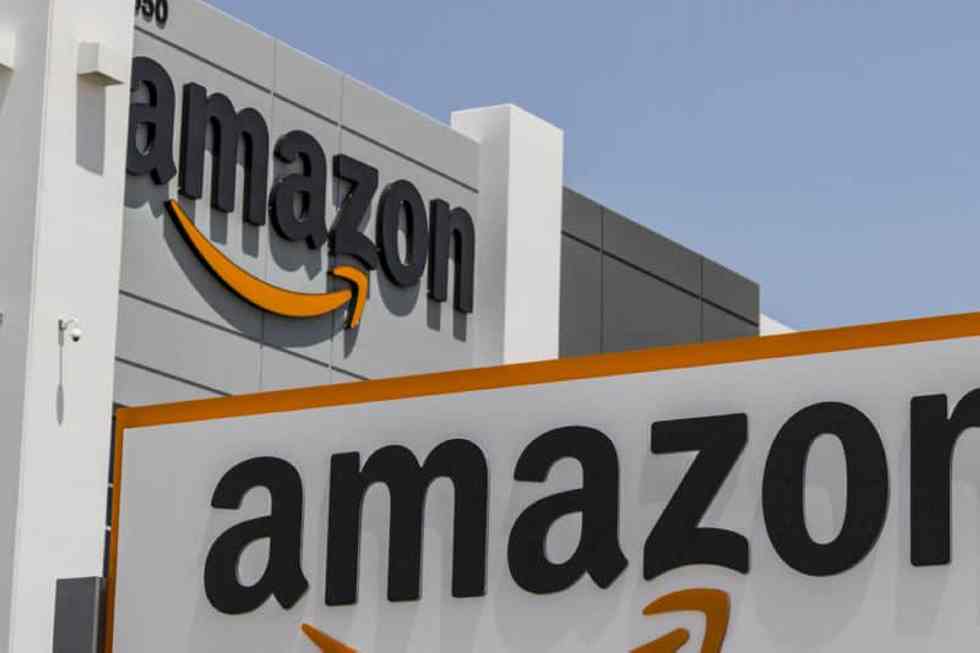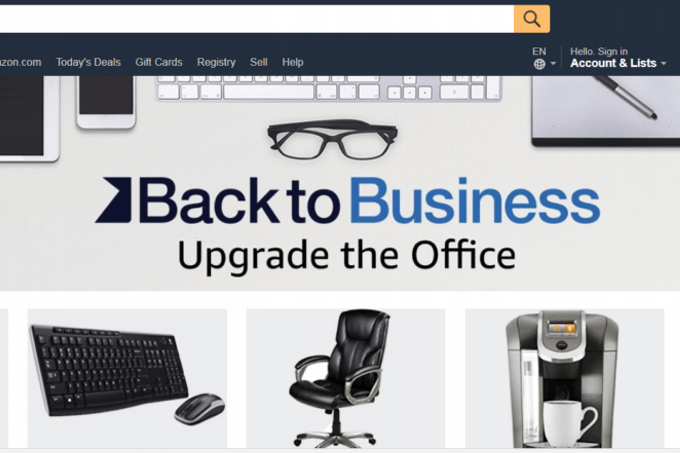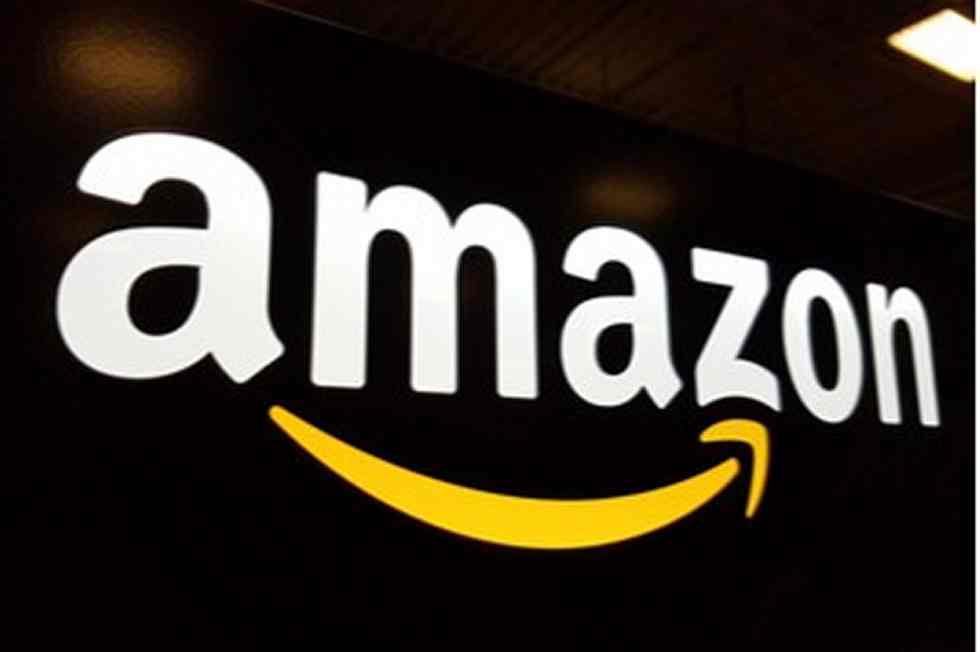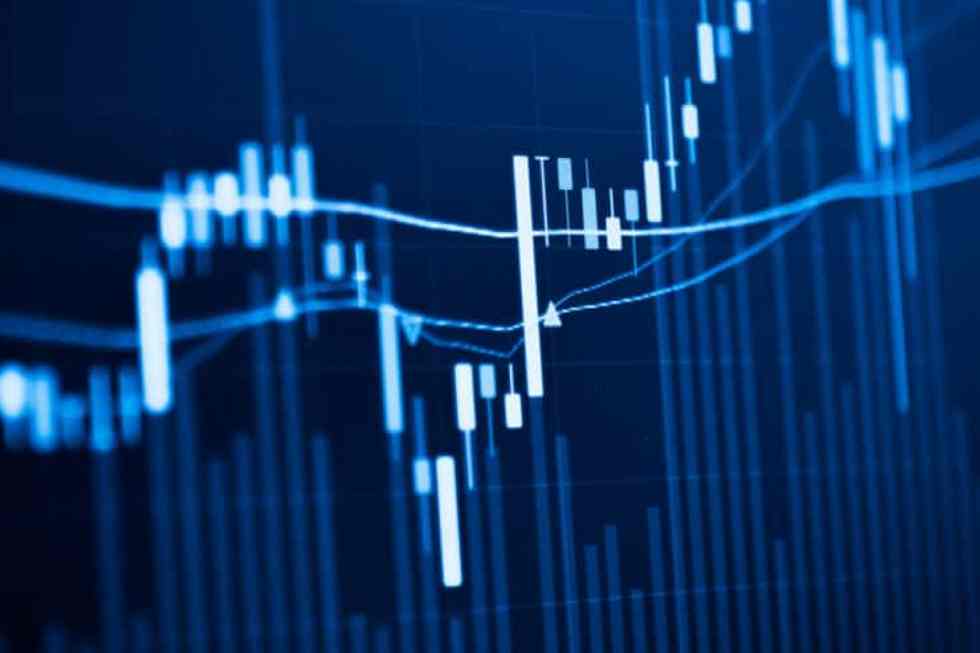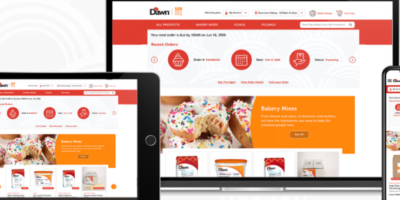
(Bloomberg Opinion) Amazon.com Inc. is now not a looming risk for sellers of factory-floor fundamentals, lab tools and workplace merchandise. It’s a full-blown competitor.
The e-commerce large rattled distributors of commercial elements, IT and medical provides in 2015 when it launched a business-to-business platform that promised to make ordering provides as simple and price-transparent as ordering diapers or toothpaste. On Tuesday, it stated that platform, Amazon Enterprise, had hit an annualized price of $10 billion in world gross sales. That compares with $1 billion in U.S. gross sales in its first 12 months of existence earlier than Amazon expanded the platform into different nations together with the U.Okay., Germany and Japan.
For context, W.W. Grainger Inc., the biggest U.S. industrial distributor, had about $10.4 billion in gross sales final 12 months and is anticipated to usher in $11.3 billion this 12 months. This isn’t an ideal comparability, nevertheless it’s hanging how neck-and-neck Amazon has turn out to be with incumbents after only some years. In its characteristically obscure style, Amazon says the platform now serves “thousands and thousands of enterprise prospects.” It could possibly be 2 million or 10 million, I don’t know. However that compares with “greater than 1 million” U.S. prospects as of July 2017 and both method, the continuing progress looks like dangerous information for Grainger.
The corporate has weathered Amazon’s push into its territory higher than I had anticipated. Grainger, which does greater than half of its gross sales through its e-commerce channels, is without doubt one of the finest performing shares on the S&P 500 Industrial Index this 12 months amid booming quantity progress that’s due partially to draconian value cuts it applied to remain aggressive within the age of Amazon. The true check for the corporate would be the again half of the 12 months, when it faces harder comparisons because it laps these cuts made in 2017. Grainger is anticipated to report third-quarter ends in mid-October.
RBC Capital Markets analyst Deane Dray has argued quantity progress could also be tempered with out further cuts as Grainger nonetheless doesn’t supply the bottom costs. That may put further stress on gross margins which might be already anticipated to settle on the lowest degree in greater than a decade in 2018. Over the long run, I nonetheless wrestle to see how Amazon’s entrance into the commercial distribution market doesn’t herald a deeper, extra structural reset of incumbents’ profitability.
Grainger can be at specific danger from the commerce warfare. The corporate sources nearly all of its private-label merchandise—which account for roughly a fifth of its gross sales—from China. Solely a small portion of these had been among the many $50 billion of Chinese language items the U.S. is at the moment concentrating on with tariffs, however as of its July earnings name, Grainger hadn’t dug in deep on the $200 billion of further tariffs more likely to take impact quickly. The corporate stated there have been various sources out there for successfully each private-label merchandise sourced from China that is likely to be affected by tariffs and it was trying into the economics of these strikes, ought to they turn out to be needed. Any main upheaval to its provide chain is more likely to be costly and pose one other risk to Grainger’s profitability.
As a closing word, Amazon’s regular march into the world of B2B commerce underscores the potential of its logistics investments. In its Tuesday assertion, Amazon famous that third-party sellers drive greater than 50% of the $10 billion in world gross sales. These are the sorts of distributors which may be all for tapping Amazon to not solely present a market for his or her merchandise however to ship them as properly, opening up a a lot wider buyer pool than sellers of consumer-facing items. Companies are usually extra worthwhile prospects for transport corporations as a result of they order in bulk and drivers don’t must make as many stops.
This can be a house to observe.
Brooke Sutherland is an industrial and mergers-and-acquisition columnist for Bloomberg Opinion. Observe her on Twitter @blsuth.
Favourite



